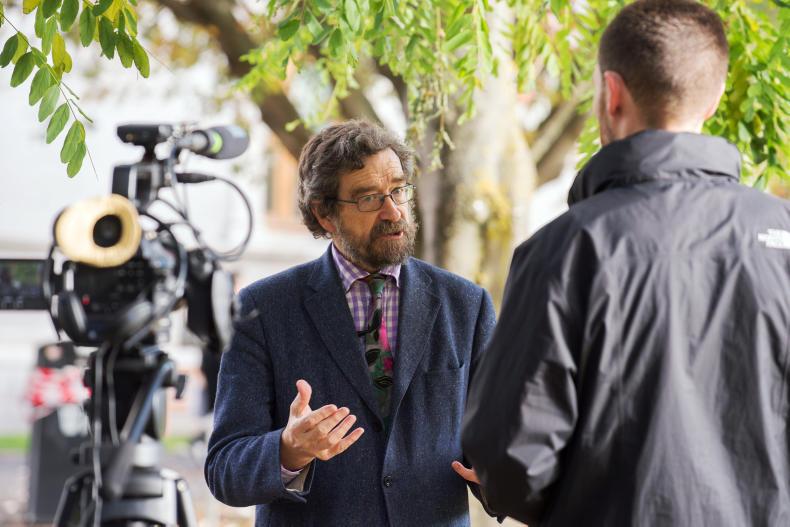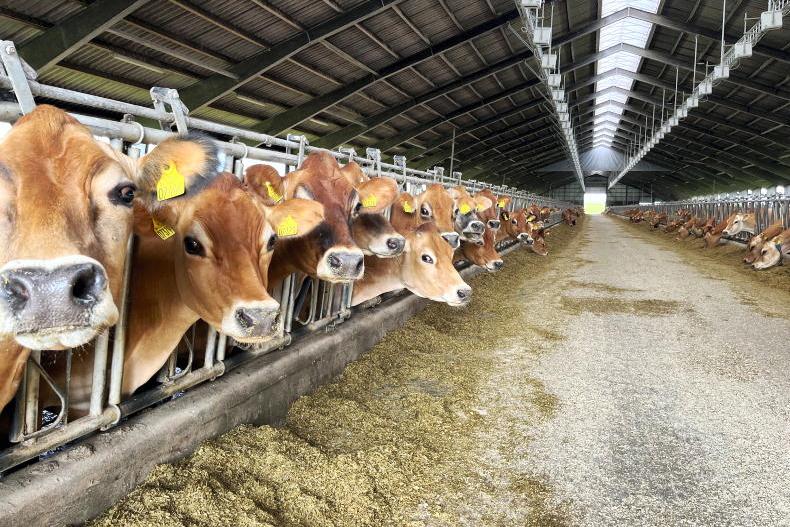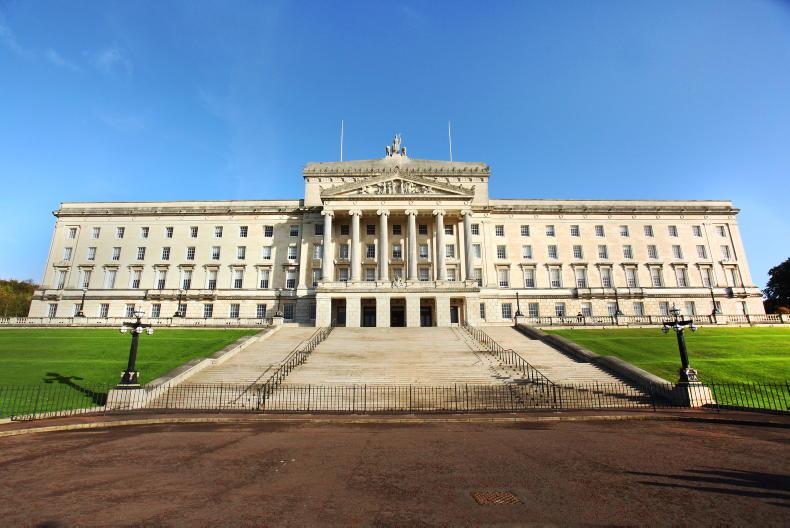How big a challenge is it to reduce carbon emissions in Ireland?
We have a major problem with carbon emissions in Ireland and we’re heading in the wrong direction. Ireland’s carbon emissions are rising fast since the economy recovered. However, if I was speaking last year I would say the glass was half empty rather than half full but the climate action plan published by the Government last year is a significant step in the right direction. It gives us hope.
What are Irish emissions targets?
Ireland’s emissions are rising and we have to reduce them by 40% by 2030 and we need to be carbon neutral by 2050, which will require huge change. Even if we stop all carbon emissions today and there were no further emissions, the global temperature is likely to continue to rise for a long time into the future. So the safe stopping distance is very long. The impact will become much more severe as this century progresses and the burden will fall on the coming generations.
Are Irish politicians doing enough on climate?
Politicians will be calling to all our doors in the next three weeks and saying “I will do this and it will be good for you.” The problem about climate change is that we need politicians to say we’re going to make changes, it’s going to cost you but it’s your grandchildren that will be the major beneficiaries. Politicians have never done that. It’s not easy for them to do something like this but we need them to tell us climate policy will cost us something but it will positively affect our grandchildren.
Ireland’s emissions are rising and we have to reduce them by 40% by 2030 and we need to be carbon neutral by 2050
Farmers feel they are unfairly targeted. Do you agree?
We need huge change in all sectors. In household, transport, industry and agriculture. The target for transport and households is a 45% reduction in emissions by 2030, which is huge.
The ask of agriculture is 10% to 15%, which is a much less stringent target than other sectors of the economy, because the feeling was that emissions reductions in agriculture would be more difficult.
So the idea that we would scapegoat any particular sector is not true. Agriculture accounts for a third of Ireland’s total emissions so it has to change.
Agriculture accounts for a third of Ireland’s total emissions so it has to change
Will this mean a reduction in cattle numbers?
I believe there is an opportunity for a win-win where changes in farming practices can reduce emissions, but also leave farmers better off. Under the MACC template developed by Teagasc, many of the carbon mitigation measures would save farmers money and be better for the environment.
However, after 2030 we will probably need to reduce cattle numbers by somewhere in the region of 500,000 to 1.5m head.
The current trend of rising cattle numbers is unsustainable. And in terms of the beef industry, as we all know, farmers in beef don’t make much money.
There are opportunities for land use changes where farmland could be used for increased hedgerows or woodland to suck carbon out of the atmosphere and make farmers more money than producing beef.
Name: Prof John Fitzgerald.Title: Chair of Ireland’s Climate Change Advisory Council.Carbon emissions from Irish agriculture: 20.6m tonnes of CO2 equivalent.Agriculture’s target reduction range by 2030: 10% to 15%.
How big a challenge is it to reduce carbon emissions in Ireland?
We have a major problem with carbon emissions in Ireland and we’re heading in the wrong direction. Ireland’s carbon emissions are rising fast since the economy recovered. However, if I was speaking last year I would say the glass was half empty rather than half full but the climate action plan published by the Government last year is a significant step in the right direction. It gives us hope.
What are Irish emissions targets?
Ireland’s emissions are rising and we have to reduce them by 40% by 2030 and we need to be carbon neutral by 2050, which will require huge change. Even if we stop all carbon emissions today and there were no further emissions, the global temperature is likely to continue to rise for a long time into the future. So the safe stopping distance is very long. The impact will become much more severe as this century progresses and the burden will fall on the coming generations.
Are Irish politicians doing enough on climate?
Politicians will be calling to all our doors in the next three weeks and saying “I will do this and it will be good for you.” The problem about climate change is that we need politicians to say we’re going to make changes, it’s going to cost you but it’s your grandchildren that will be the major beneficiaries. Politicians have never done that. It’s not easy for them to do something like this but we need them to tell us climate policy will cost us something but it will positively affect our grandchildren.
Ireland’s emissions are rising and we have to reduce them by 40% by 2030 and we need to be carbon neutral by 2050
Farmers feel they are unfairly targeted. Do you agree?
We need huge change in all sectors. In household, transport, industry and agriculture. The target for transport and households is a 45% reduction in emissions by 2030, which is huge.
The ask of agriculture is 10% to 15%, which is a much less stringent target than other sectors of the economy, because the feeling was that emissions reductions in agriculture would be more difficult.
So the idea that we would scapegoat any particular sector is not true. Agriculture accounts for a third of Ireland’s total emissions so it has to change.
Agriculture accounts for a third of Ireland’s total emissions so it has to change
Will this mean a reduction in cattle numbers?
I believe there is an opportunity for a win-win where changes in farming practices can reduce emissions, but also leave farmers better off. Under the MACC template developed by Teagasc, many of the carbon mitigation measures would save farmers money and be better for the environment.
However, after 2030 we will probably need to reduce cattle numbers by somewhere in the region of 500,000 to 1.5m head.
The current trend of rising cattle numbers is unsustainable. And in terms of the beef industry, as we all know, farmers in beef don’t make much money.
There are opportunities for land use changes where farmland could be used for increased hedgerows or woodland to suck carbon out of the atmosphere and make farmers more money than producing beef.
Name: Prof John Fitzgerald.Title: Chair of Ireland’s Climate Change Advisory Council.Carbon emissions from Irish agriculture: 20.6m tonnes of CO2 equivalent.Agriculture’s target reduction range by 2030: 10% to 15%. 








SHARING OPTIONS